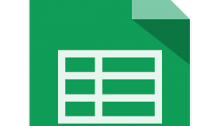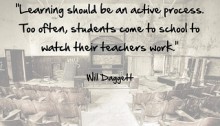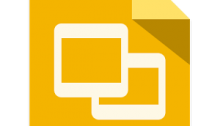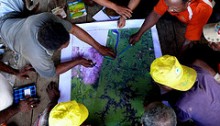Reflection: An Approach to Teaching and Learning
Reflection is an approach that encourages deep thinking by an individual about their existing knowledge and capabilities, how it has been supported or challenged by new learning and experience, and the identification of strengths to promote and weaknesses/limitations to address. While most people have an instinctive reflective process that we use to learn from our actions, a…









